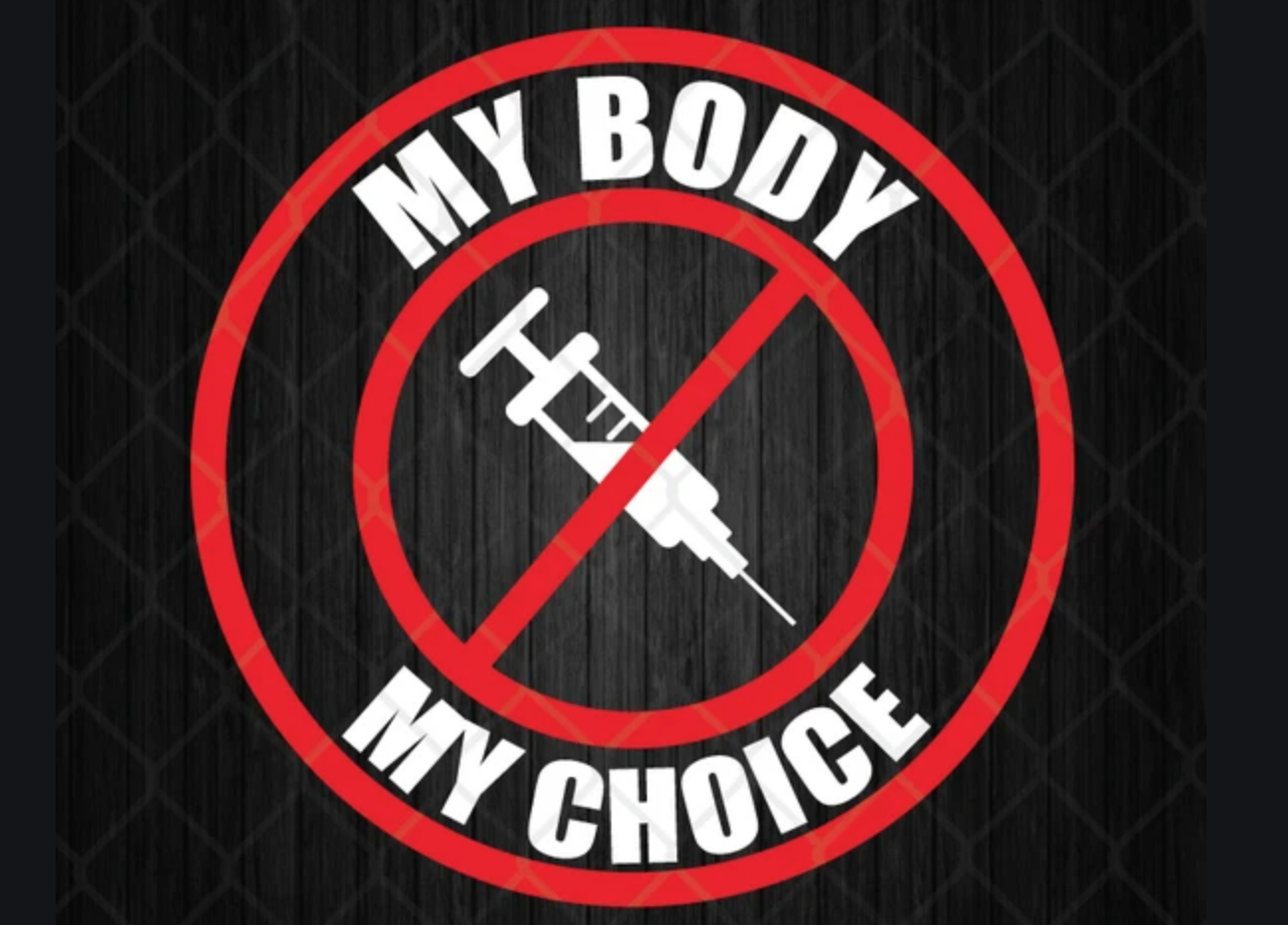Good morning, Weekend Plug-in readers. I wrote Plug-in a day early because headed to Arlington, Texas, for Opening Day, and I’ll be tied up with that important national holiday.
My beloved Texas Rangers open the 2023 season against the Philadelphia Phillies this afternoon. Surely this will be my team’s best season ever!
But first, we focus on the week’s big, tragic and violent news from Covenant Presbyterian Church and its school in Nashville, Tennessee, a city close to my heart.
What To Know: The Big Story
Three children, three adults slain: Once again, a mass shooting at a school shocked all of us and surprised none of us.
At a Wednesday night vigil in Nashville, “Each speaker echoed the names of those who did not return home earlier this week.”
The children who died were Evelyn Dieckhaus, William Kinney and Hallie Scruggs, all 9 years old. The adults who died were Mike Hill, 61; Katherine Koonce, 60; and Cynthia Peak, 61.
The victims were people of strong faith with the children characterized as “feisty” and a “shining light,” according to an Associated Press team, including Nashville-based religion news editor Holly Meyer.
Peaceful day shattered: Monday started with a normal chapel assembly at The Covenant School, a Presbyterian elementary, Christianity Today’s Daniel Silliman and Kate Shellnutt report.
Within a few hours, though, the school, which is all about “celebrating” children, became a killing scene, as Reuters’ Sharon Bernstein describes it.
Traumatized survivors were taken to a nearby Baptist church that served as a reunification site for children and parents, as The Tennessean’s Molly Davis explains.
For ongoing coverage, follow religion reporter, Liam Adams.
Making sense of it: In the face of tragedy, petitioning God is an act of faith, New York Times columnist David French writes.









